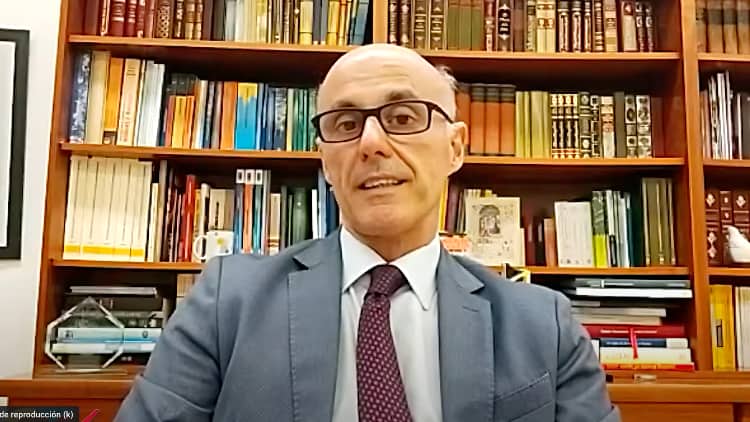The Diplomat
A total of 2,760 foreigners were expelled from Spain in 2023 by procedures initiated by the State Security Forces and Corps in compliance with the immigration law, also including cases of returns to the country of origin, according to data from the Ministry of the Interior consulted. by Europa Press.
The official figure for 2023 represents a decrease of almost 25% compared to previous years: in 2022, 3,642 people were expelled and in 2021 another 3,594, in application of the organic law on foreigners 4/2000, of January 11, on rights and freedoms of foreigners in Spain and their social integration.
These are procedures opened by the Police, the body with exclusive powers in the matter and that Junts is now demanding after the agreement with which the Government of Pedro Sánchez saved two anti-crisis decrees by committing to delegate migration policies to Catalonia through a law. organic.
This type of expulsions can be carried out for different reasons, according to immigration legislation, including returns to the countries of origin when interceptions occur at the border or those who are detected trying to return to Spain despite having been expelled with anteriority.
In a parliamentary response in March 2023, the Government reported on expulsions in the last decade in application of article 54.1 of Organic Law 4/2000: 90% of the 101 expulsions of foreigners had been processed for “activities against security national”, including two cases justified by very serious violations of the Organic Law of Citizen Security, known as the ‘gag law’.
Different routes for expulsion
Expulsions are mainly processed by the Immigration Law, which contemplates in its article 57.2 this possibility for migrants with their papers in order but with a criminal record, if there is a sentence of more than one year.
When they are citizens in an irregular situation, an expulsion procedure can be initiated that the Immigration Law itself contemplates to be ordinary or preferential, based on files processed by the National Police, the competent body in the matter, in a procedure before which There is an appeal, so the final decision will depend on a judge.
If the expulsion cannot be carried out within 72 hours from the moment of arrest, the judicial authority may request the entry of the foreigner into the detention centers (CIE) for the time essential to carry it out, which cannot be prolonged. in no case beyond 60 days or until the impossibility of executing it within said period is confirmed. The law does not allow a new detention to be agreed on the basis of the same expulsion file.
Another possibility is article 89 of the Penal Code, which includes the replacement of the prison sentence with direct expulsion to your country when the sentence is longer than one year. In cases in which the foreigner proves that he has been residing in Spain for more than 10 years, the penalties are increased to five years and the possibility of recidivism must be evaluated.







